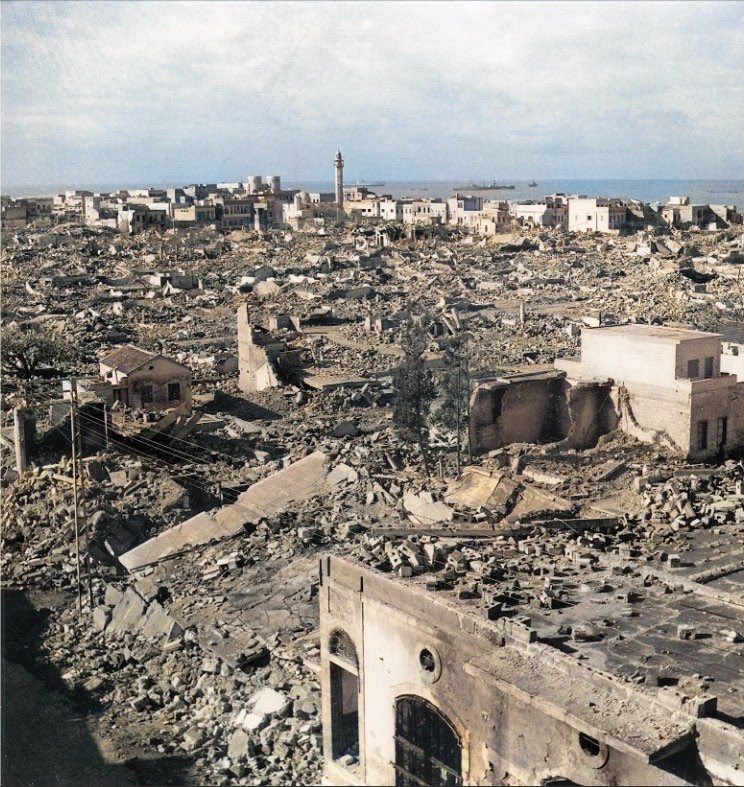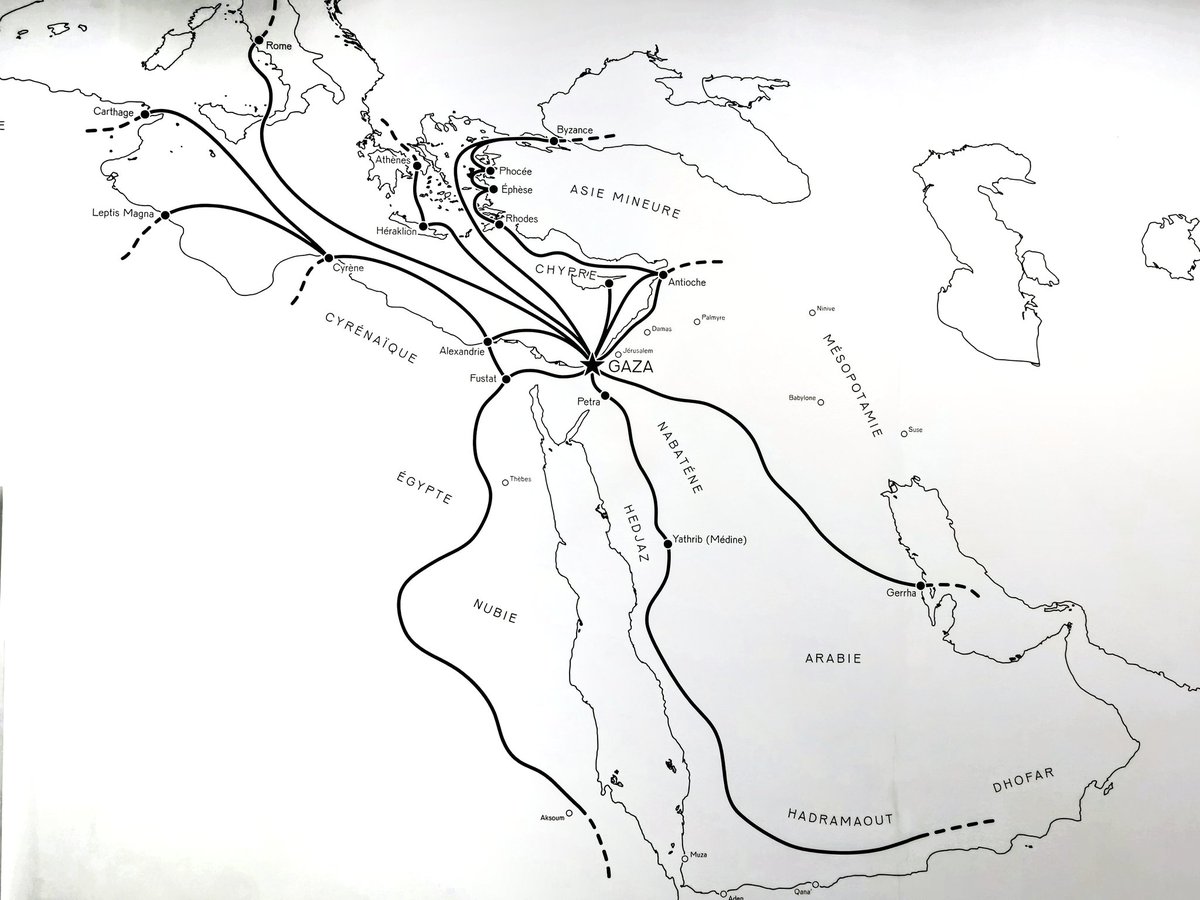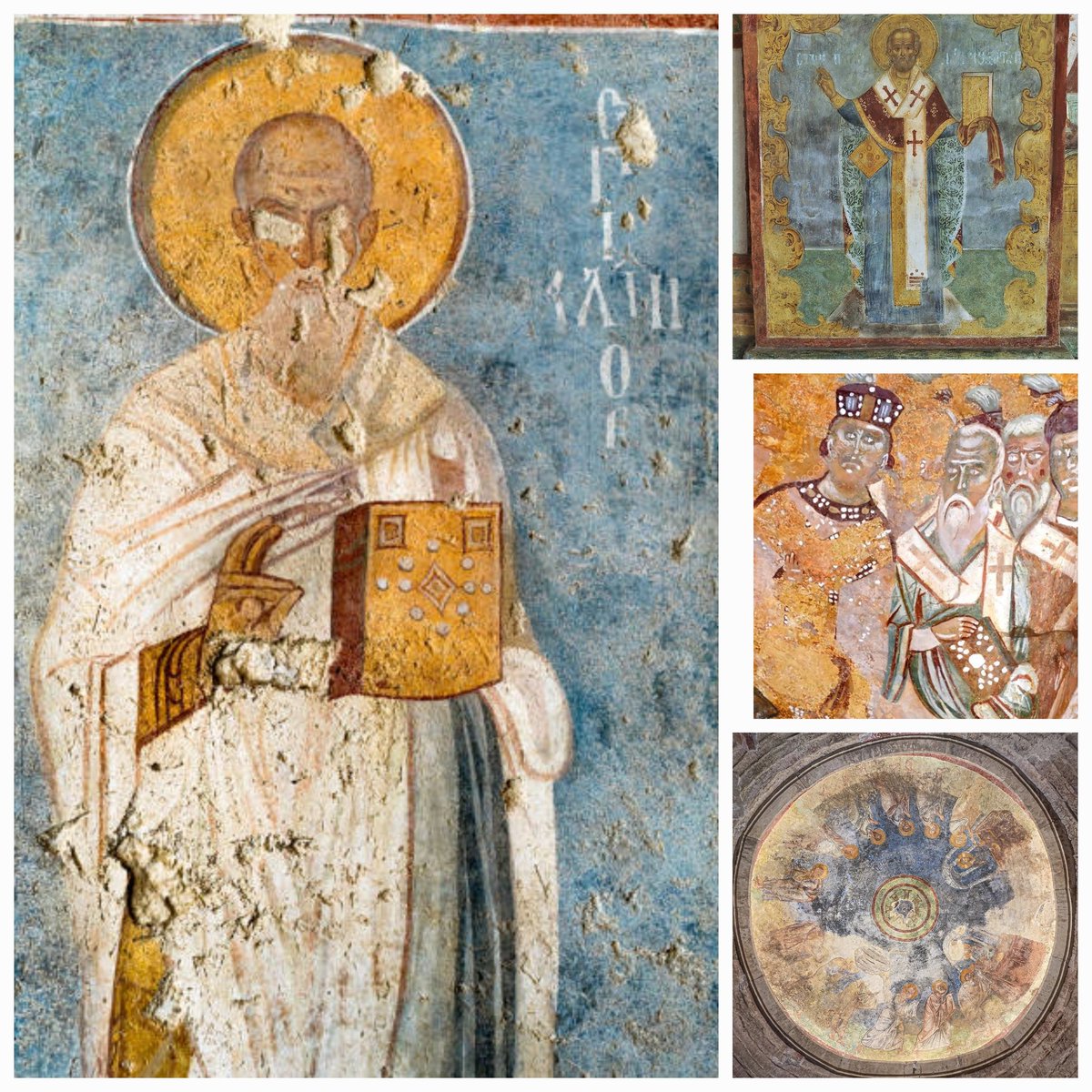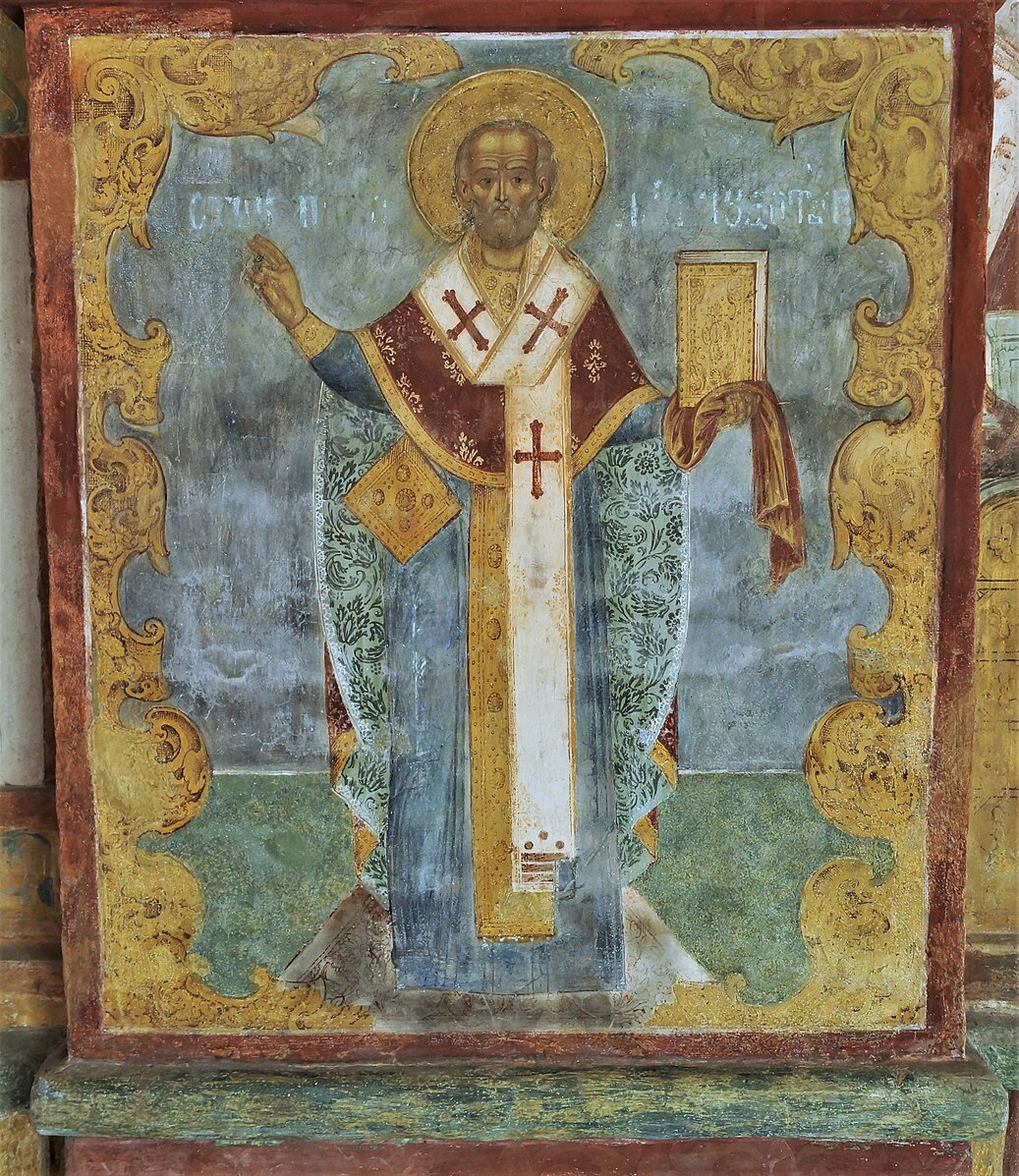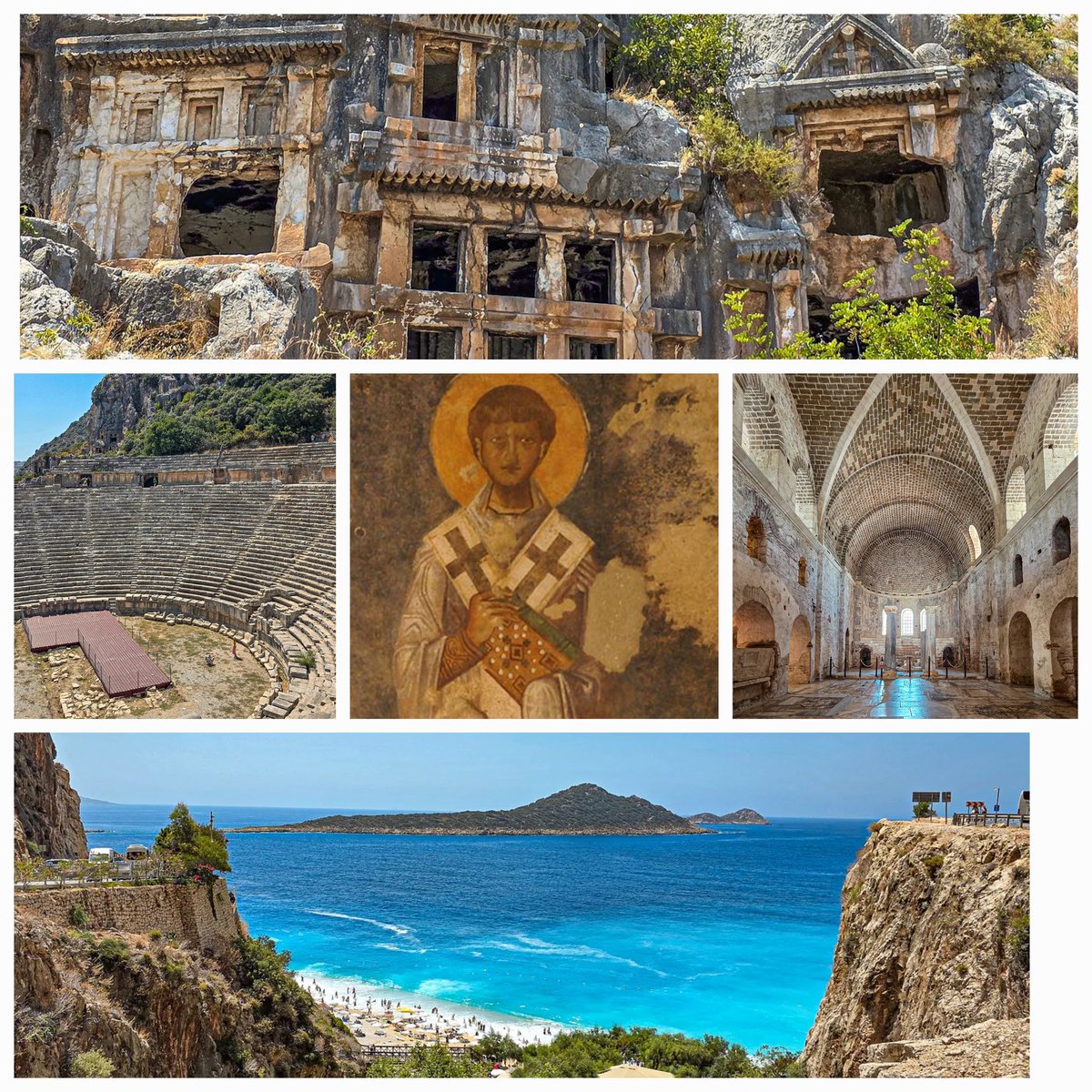Returning to the Jungle:
The extraordinary 11thC ruins of Preah Khan Kompong Svay lie about one hundred kilometres from Angkor Wat, and are not to be confused with the other Preah Khan in Siem Reap (famous to some as the location of Tomb Raider.)
The extraordinary 11thC ruins of Preah Khan Kompong Svay lie about one hundred kilometres from Angkor Wat, and are not to be confused with the other Preah Khan in Siem Reap (famous to some as the location of Tomb Raider.)

The Kompong Svay Preah Khan is one of the last completely unrestored major Khmer monuments- a vast tumble of towers and pillars and lintels, badly looted during the time of the Khmer Rouge, when gangs drove in from Thailand to rob the site of its statuary. 

I spent the night camping just outside main gate & woke to hear hornbills, parakeets, bee eater & mynahs chattering & had breakfast amid iron slag, from medieval weapon manufacture- this was the base from which Jayavarman VII marched to expel the Cham from Angkor in 1181. 

But the site is much older than that. The temple was originally built as a shrine to Lord Shiva by Suryavarman I, and a 10thC Sanskrit inscription records its original foundation: 

"The dance of the God who has the moon for his diadem (Shiva), the play of the tips of whose glorious feet cause the earth to shake and tremble in the eight directions, a dance which causes Indra, God of the Winds, to whirl and moan..." 

... because of the vigorous arms which cause the palaces of the Gods to sway, a dance which renders space insignificant with garlands of shooting rays from the splendour of his nine modes of dance (erotic, furious, heroic, odious, comic, pathetic, marvellous, terrible& peaceful) 

The famous statue of Jayavarman as Lokeshvara/Avalokitesvara was found amid the rubble of here. It is now in the National Museum in Phnom Penh. 

It is one of the great masterpieces of Khmer sculpture, arguably THE great masterpiece, but it's also a strangely and brilliantly contradictory piece. 

Like Ashoka & Akbar, Jayavarman VII was a ruthless & hugely successful military man who, full of remorse, turned in middle age into a religious figure who advocated peace & reconciliation who foreswore the sword. The artist recognises this, and yet shows both sides of the man. 

The King is presented as a humble worshipper, head lowered with eyes closed in deep and profound meditation. Yet the worshipper still has the powerful physique of a man trained for combat and his expression is full of charisma and strength. 

This meditating king may be a man of the spirit, but he is still very much the ruler who conquered and subdued much of Southeast Asia and moulded it to his iron will, leaving behind him more and greater monuments than any other ruler in Cambodian history. 

• • •
Missing some Tweet in this thread? You can try to
force a refresh



